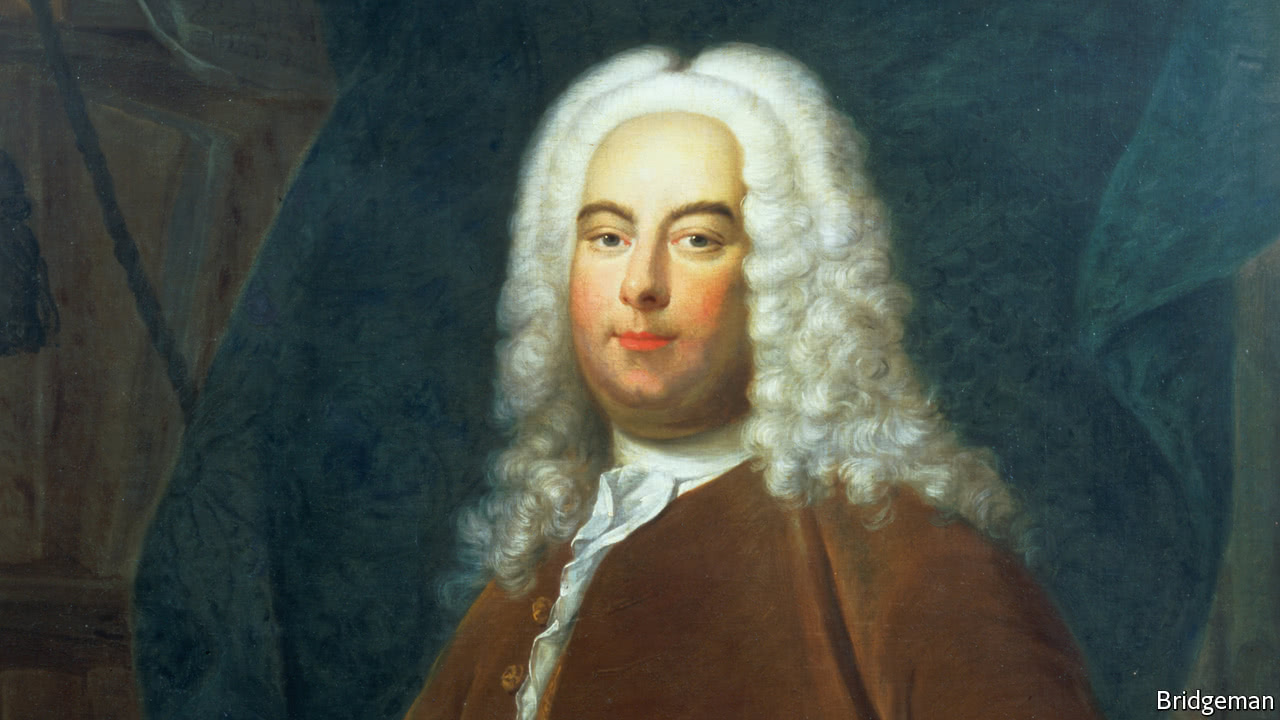| ZT:singing “Messiah" is banned |
| 送交者: gems1 2017年09月13日06:42:36 於 [彩虹之約] 發送悄悄話 |
In China, singing Handel’s “Messiah” is forbidden in publicSo is performing any religious music outside places of worship THE words of the chorus die away: “Quan Zhongguo de ernu yongyuan xiang taiping” (China’s children will always wish for peace). The members of the orchestra pack up their instruments—cello and dizi (Chinese flute), yangqin (dulcimer) and double bass, suona (reed horn) and xiaobo (cymbals). Beijing’s International Festival Chorus (IFC), a 60-strong group of Chinese and expatriate amateurs, finishes its final performance, a recording of a cantata by Xian Xinghai, who studied in Paris in the 1920s and was one of the first Chinese composers to be influenced by European classical music. The chorus has now disbanded. Xi Jinping, the president, has scored one more small, Pyrrhic victory over Western cultural influence. Western choral music never had a mass following in China. But in Yunnan province in the south-west, choirs from an ethnic group called the Miao (also known as the Hmong) still sing Handel’s oratorio “Messiah”, which was taught to them generations ago by missionaries. In the years before the Olympic games in Beijing in 2008, the IFC used to sell out a large concert hall next to the Forbidden City with performances of the same work. The government noted this in its efforts to persuade Olympic officials that China was becoming cosmopolitan. But, like “Messiah”, much Western choral music is of Christian origin. In 2008, with the Olympics over, the government in effect banned public performances of religious music. As is the way of things in China, there was no law or overt prohibition. But choirs found it harder to sell tickets or get licences for venues. With fewer performances, audiences dwindled, too. In Beijing the IFC soldiered on, giving “private” performances each Christmas. But its “Messiah” of December 2016 was its last. The Communist Party used to be more tolerant. Jiang Zemin, then the party’s leader, is supposed to have played a recording of Mozart’s “Requiem” on hearing of the death of Deng Xiaoping in 1997. Mao Zedong gave Xian Xinghai, the composer, a pen to show his approval. But Mr Xi has a narrower view of what is acceptable. Last year he said the party must “resolutely guard against overseas infiltration via religious means”. Local authorities appear to have taken this as a signal to step up the assault on Bach and Verdi. Defenders of Mr Xi argue that China can choose whatever it wants from the outside. And if it rejects religious music, that does not mean ignoring other Western forms. But religious works are the foundation of the Western choral tradition. By walling itself off, China will inflict a high cost on its music lovers. |
|
 |
 |
| 實用資訊 | |
|
|
| 一周點擊熱帖 | 更多>> |
| 一周回復熱帖 |
| 歷史上的今天:回復熱帖 |
| 2016: | 雅1,請收信轉給你的牧師 | |
| 2016: | 簡評王怡牧師《關於版權的經驗主義反思 | |
| 2015: | 和好聲明:) | |
| 2015: | 許多親愛的聖徒批評倪柝聲弟兄zt | |
| 2014: | 從聖城耶路撒冷到永生之城羅馬 - 序 | |
| 2014: | 媽媽們的禱告(3)-- The Great I Am | |
| 2013: | 新民: 從上帝的恩典看自由意志與信心 | |
| 2013: | 為什麼說司布真這篇文章沒水平。 | |
| 2012: | beiqian:關於聖經正典 | |
| 2012: | 據新聞全美大城市紐約洛杉磯芝加哥舊金 | |




